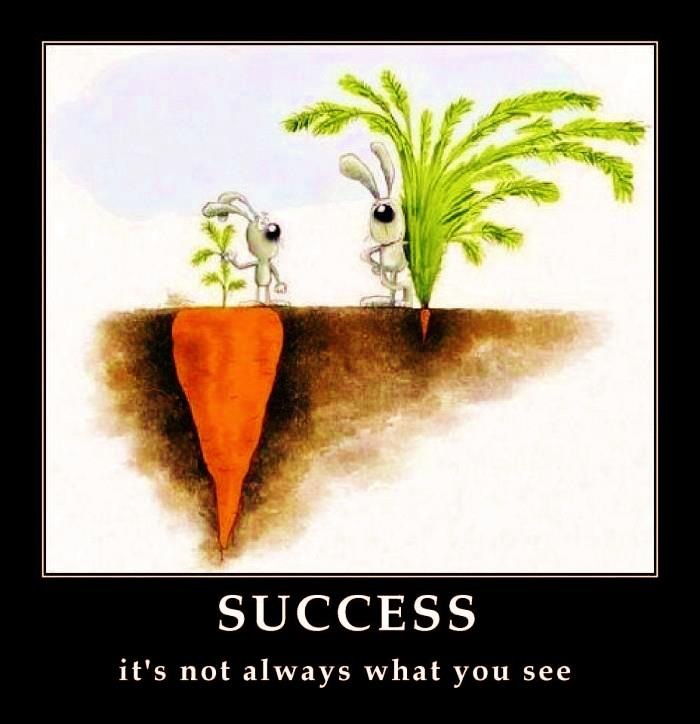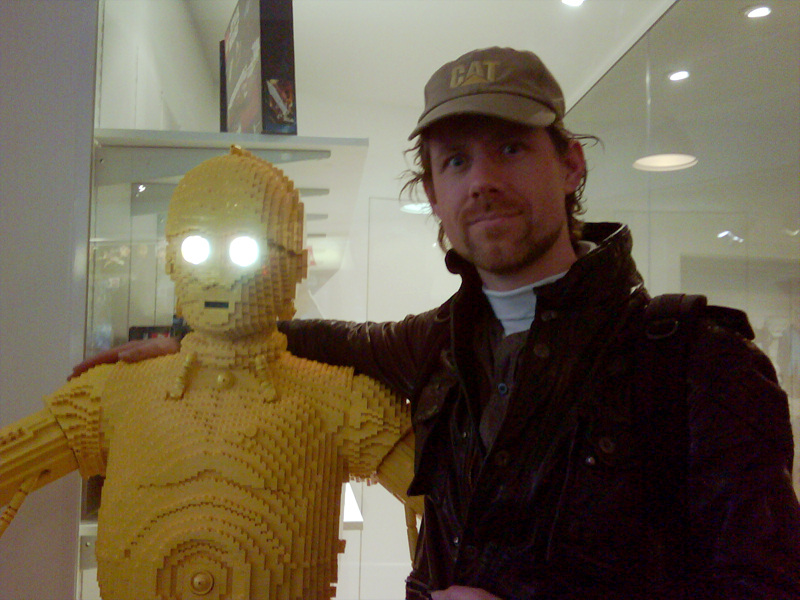|
However successful someone may appear to be, the honest ones would have to admit that there’s at least one thing in their lives that really isn't working for them. Many of them will have actually stopped thinking about it altogether - possibly even avoiding the subject as much as they can. So, imagine someone like that choosing to hire a success coach who does three specific things with them: 1. Helps them face the situation honestly 2. Provides them with a clear plan of action 3. Stays with them throughout the process to ensure they get the result they really wanted That’s exactly what I do as your Success Coach. I do seven, one-hour sessions for £2,500 and I make sure that in a matter of weeks your situation is completely turned around. You have dreams that are have not become a reality for you, longings that remain unfulfilled - so why don't we work on those together and get you the result you've always longed for? If that's you, then take the bravest step by choosing to invest in yourself. Send me a note immediately through the form on my ComeAlive Success Coaching website. [This was a short essay I had to submit as part of my Life Coaching Certification exam - thought you might like to read it.]
Generally speaking, a client is only going to seek the assistance of a life coach when they realise that what they are currently doing is not achieving their desired outcomes. As all behaviours are controlled by thinking, the life coach needs to help their clients become more aware of how their current thinking patterns are affecting their behaviours. Fostering self-awareness in their clients is the single, most important thing any coach can do as it is the factor upon which all solutions are based. Because of this, self-awareness is found at the core of the ‘Big Picture’ coaching model; it empowers the client to take greater responsibility for their thinking in any given situation and thus steers them towards their results. Self-awareness is crucial because every client (and even every coach) will inevitably retain various ‘blind spots’ that prevent them seeing what they could be doing to remedy their particular situation. They may be running habitual patterns or strategies that are unwittingly sabotaging the achievement of their personal goals. Whatever they say they want, they are often running mental scripts or behavioural patterns that undermine their stated intent. A mechanic must have a clear understanding of how her machine works if she is to make any adjustments to it. If she doesn’t have a high level of awareness on the matter, she will not be able to fix anything that is broken nor identify where improvements or adjustments are necessary to improve the machine’s performance. Whilst this provides a reasonable metaphor for the work of a coach, it should be recognised that the ‘mechanic’ is not actually the coach, but the client. The coach should not be seen as a surgeon who ‘fixes’ their patient, but rather a facilitator whose key aim is to enable the client (the mechanic) to develop their own understanding of their ‘mental machinery’ and also identify the most appropriate tools to address the challenge at hand. Such tools or both the client and coach would involve: sensory acuity (a keen sensitivity to the reactions and responses to one’s communications and behaviours), healthy introspection (primarily through the use of empowering questions) and meditation. So the coach should always aim to foster within their client a deep sense of self-awareness and the desire to nurture this attitude for themselves – so that, ultimately, the client becomes their own best coach. In this way they will learn to become alert to the tell-tale signs of self-sabotage, self-imposed limitation or constraint and become skilled in asking themselves empowering questions that will provide them new options and facilitate growth and progress. Robert Dilts’ ‘Logical Levels’ provide an excellent framework for such questions – helping the client to identify the level, or realm, within which the challenge exists: Environment, Behaviours, Capabilities, Beliefs, Identity or Spirituality. Other helpful frameworks could include: Perceptual Positions, The 6 Human Needs (Robbins) and The Meta Model (Bandler/Grinder). It is also vital for the coach to demonstrate their own self-awareness to their client. If the coach demands that their client becomes self-aware but refuses to acknowledge their own blind-spots, they will quickly lose credibility with the client. Remaining open to the feedback of others and candid and honest about their own journey towards greater self-awareness can overcome this and engender a desire for greater self-awareness in the client. Conclusion It can be argued that every challenge is a mental challenge and that with the right thinking, all the resources required to achieve any goal can be made available. Self-awareness is central to all personal development as it provides understanding of the processes that are helping or hindering the achievement of goals. This can be summed up in one of the presuppositions of NLP, which states that ‘everyone is in charge of their minds and therefore of their results.’ Superior thinking, based upon a deeper self-awareness, will always lead to superior results, and it should therefore be the continual practice of the life coach to nurture such thinking in all their clients. |
AuthorPad is a trusted adviser to business leaders across the globe. He is Director at Come Alive Success Coaching ltd. and the Author of TEAM ME - How to Play Your Best Game in Life, and TEAM GUY - Forging Men of Soul & Steel. Archives
August 2023
Categories
All
|




 RSS Feed
RSS Feed